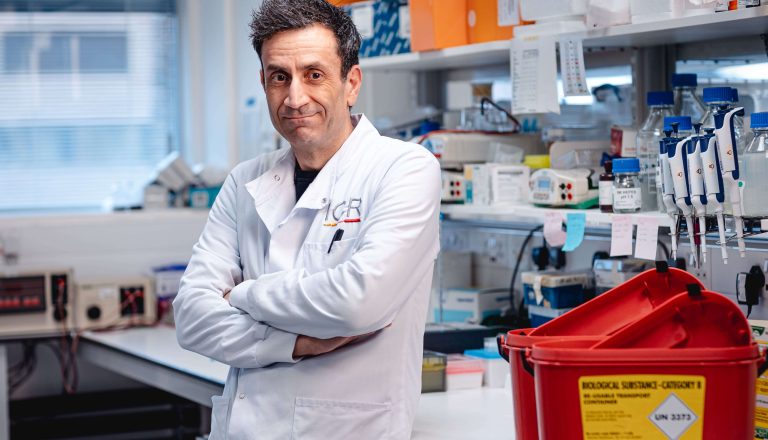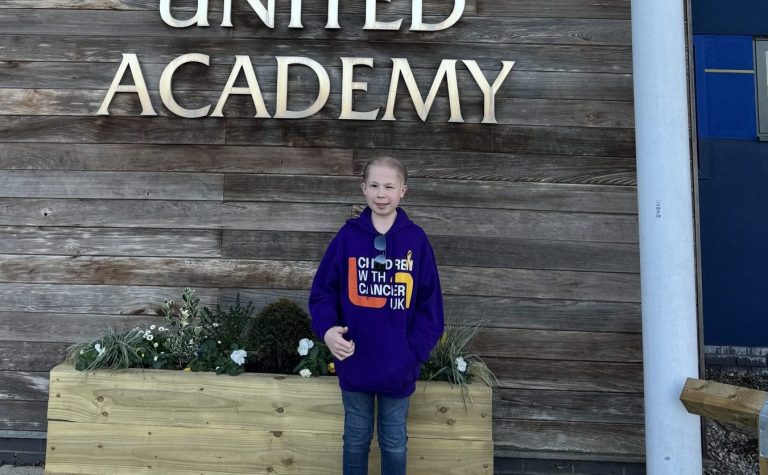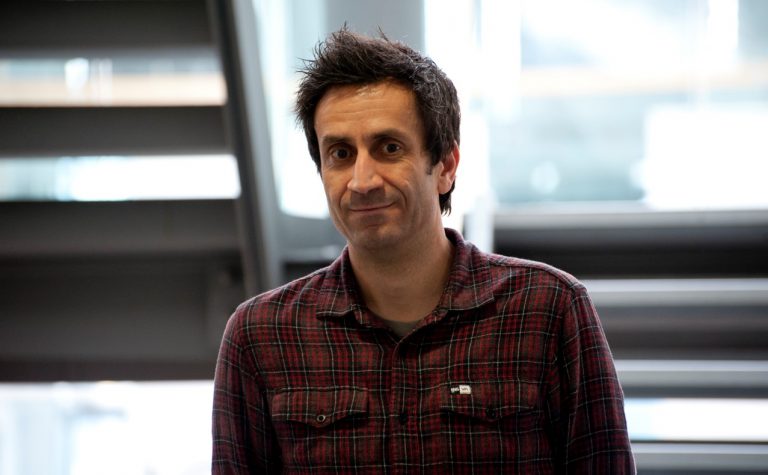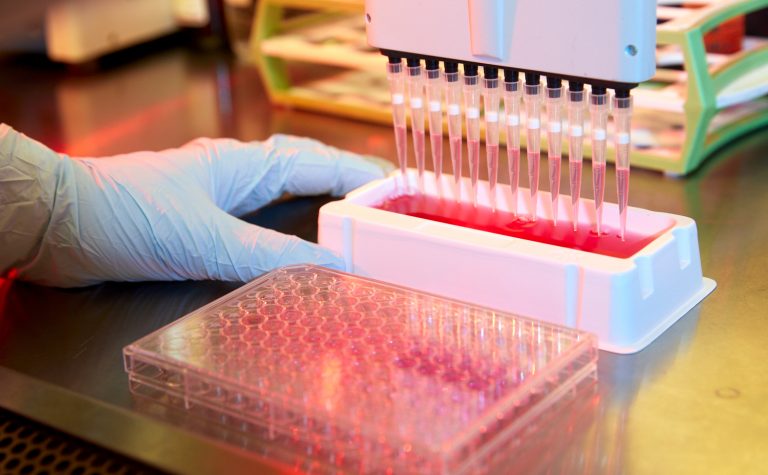Professor Chris Jones leads a team of researchers who are studying paediatric-type diffuse high grade gliomas. These are a type of malignant (cancerous) brain tumours that occur in children and young adults with generally very poor survival rates. One of these types of tumours is known as Diffuse Intrinsic Pontine Glioma (DIPG), and currently has no cure.
The different types of high grade gliomas look similar when you look at them down a microscope, however researchers now know these tumours can be very different in their genetic make-up. Alongside his team, Prof. Jones is studying the underlying biology of these tumours, looking for weaknesses that can be treated with drugs.
Brain tumours in children and young adults have traditionally not been fully understood, and can be hard to treat. However, Prof. Jones is optimistic, explaining that it’s a very exciting time in research at the moment for him and his team. Not only do they have a much better understanding of what drives the different types of tumours, they now have appropriate models to actually study the underlying biology properly.
In addition, they also have ideas for new drug treatments that have been shown to work in the laboratory. As he says:
For the first time we have clinical trials that reflect all this new knowledge, and we are not simply trying things that have already failed in adult brain tumour patients.
Prof. Jones is optimistic about the future of research into high-grade gliomas. Of his hopes for the next 5-10 years of DIPG research in particular, he says:
I think we will start to see the needle move with DIPG for the first time. I am excited about a number of new treatments that are being developed, and I believe that once we start to work out how to best combine them, we will start to make a real difference to the survival of these children.
However, the research team also know that these types of high-grade gliomas are likely to develop resistance to new therapies and drugs, and they’re already working on understanding why and how this might happen, so they can find out how to overcome it.
When Prof. Jones first started his own lab, almost nothing was known about the biology of these high-grade gliomas, and the clinical outcome was poor for those diagnosed. He said:
It was obvious to me that this was an area that needed people to focus their efforts on it. Several senior researchers recommended against it, and I am glad that I did not follow their advice.
Children with Cancer UK is funding Prof. Jones and his team in their work to learn more about diffuse high-grade gliomas. However, their team also receives support from families who have been affected by DIPG. He says:
We are regularly in touch with families whose children have had DIPG, and it is incredibly moving to hear their stories. It is motivating for us to have them visit our lab and hear what we are trying to do. They really are our inspiration for all that we do.
Learn more about Prof. Jones’ research project that is funded by Children with Cancer UK here:
I think we will start to see the needle move with DIPG for the first time. I am excited about a number of new treatments that are being developed, and I believe that once we start to work out how to best combine them, we will start to make a real difference to the survival of these children.



